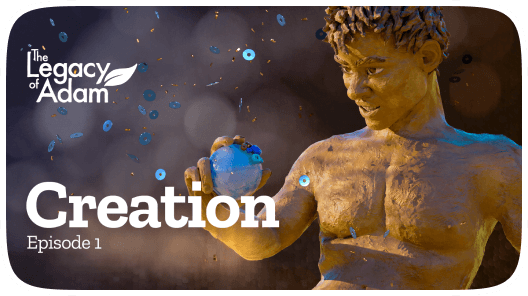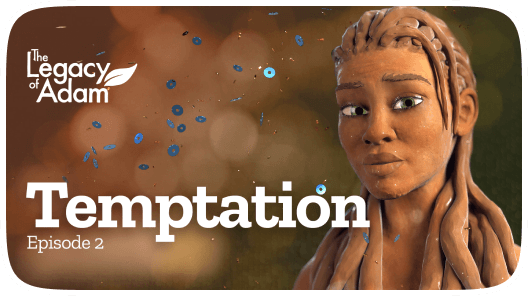The meaning of life, a question as old as humanity itself, has been pondered by philosophers, theologians, and everyday people throughout history. One concept that has gained significant attention in recent years is “ikigai,” a Japanese term that translates roughly to “reason for being.” It’s a philosophy that encourages individuals to find their purpose in life by discovering what they love, what they are good at, what the world needs, and what they can be paid for.
In this blog, we will explore the concept of ikigai and its connection to the biblical narrative, from Adam to Jesus. We’ll delve into how the experiences of these historical figures can provide insights into our own search for meaning and purpose, focusing on the profound aspect of love that underpins it all.

The story of Adam and Eve in the Garden of Eden serves as a foundational narrative for understanding the human condition and our innate desire for meaning. In the Garden, Adam was given a task: to tend to the garden and to name the animals. This suggests that even in paradise, there was a sense of purpose and responsibility, but more importantly, a connection to the natural world and a sense of belonging.
Adam’s role in the Garden can be seen as an early manifestation of ikigai, but it’s also a testament to the power of love.The Garden was a place of harmony and abundance, a reflection of God’s love for creation. Adam’s task was to nurture and care for this beautiful world, a labor of love that mirrored the divine love that brought the Garden into being.
The Fall and the Loss of Love
The fall from grace, symbolized by the expulsion from the Garden, marked a significant shift in the human experience. Humanity was now faced with the challenges of survival, suffering, and mortality. This new reality led to a search for meaning and purpose that has continued throughout history. However, it also led to a loss of connection, a sense of disharmony, and a longing for the love that had once characterized their existence.
The biblical narrative offers various perspectives on this search. Job’s suffering and subsequent questioning of God’s justice explore the limits of human understanding and the mystery of suffering, but also the enduring nature of love. The Psalms, with their expressions of joy, sorrow, and longing, reflect the diverse experiences of individuals seeking connection with God and a sense of purpose, all rooted in a deep desire for love.
Jesus, Isa or Messiah A Model of Love and Purpose
Jesus, as depicted in the New Testament, offers a powerful example of ikigai. His life was characterized by a deep sense of purpose, a love for humanity, and a commitment to God’s will. Jesus’ ministry was not merely about preaching and performing miracles; it was about embodying the love of God and demonstrating a way of life that was both meaningful and transformative.
Jesus’ teachings on love, forgiveness, and service to others provide a framework for understanding ikigai. By loving our neighbors as ourselves, we discover a sense of purpose beyond our own desires and needs. We find meaning in connection, in the act of giving, and in the shared experiences of love and compassion. By forgiving those who have wronged us, we free ourselves from the burdens of resentment and bitterness, allowing love to heal our wounds. By serving others, we contribute to the well-being of our communities and find meaning in our lives, but we also experience the joy of giving and the satisfaction of knowing that we have made a difference.
Finding Your Ikigai: A Journey of Love
While the concept of ikigai may seem abstract, it can be applied to our daily lives. Here are some practical steps to help you discover your own ikigai, rooted in the power of love:
- Cultivate love: Nurture your relationships with loved ones, practice acts of kindness, and seek out opportunities to connect with others.
- Discover your passions: What activities bring you joy and fulfillment? What are you naturally drawn to? These passions are often rooted in love.
- Identify your strengths
- What are you good at?
- What skills do you possess?
- Consider your values
- What is important to you?
- What principles guide your life?
- Your values are often shaped by love and compassion.
- Seek guidance and support: Connect with others who can offer encouragement and advice. A community of love and support can help you on your journey.
Whether you are a person of faith or not, the journey to find your ikigai is a personal one. It requires self-reflection,exploration, and a willingness to embrace the unknown. By following the path of love, service, and connection with others, we can find meaning and purpose in our lives, just as Adam and Jesus did.






